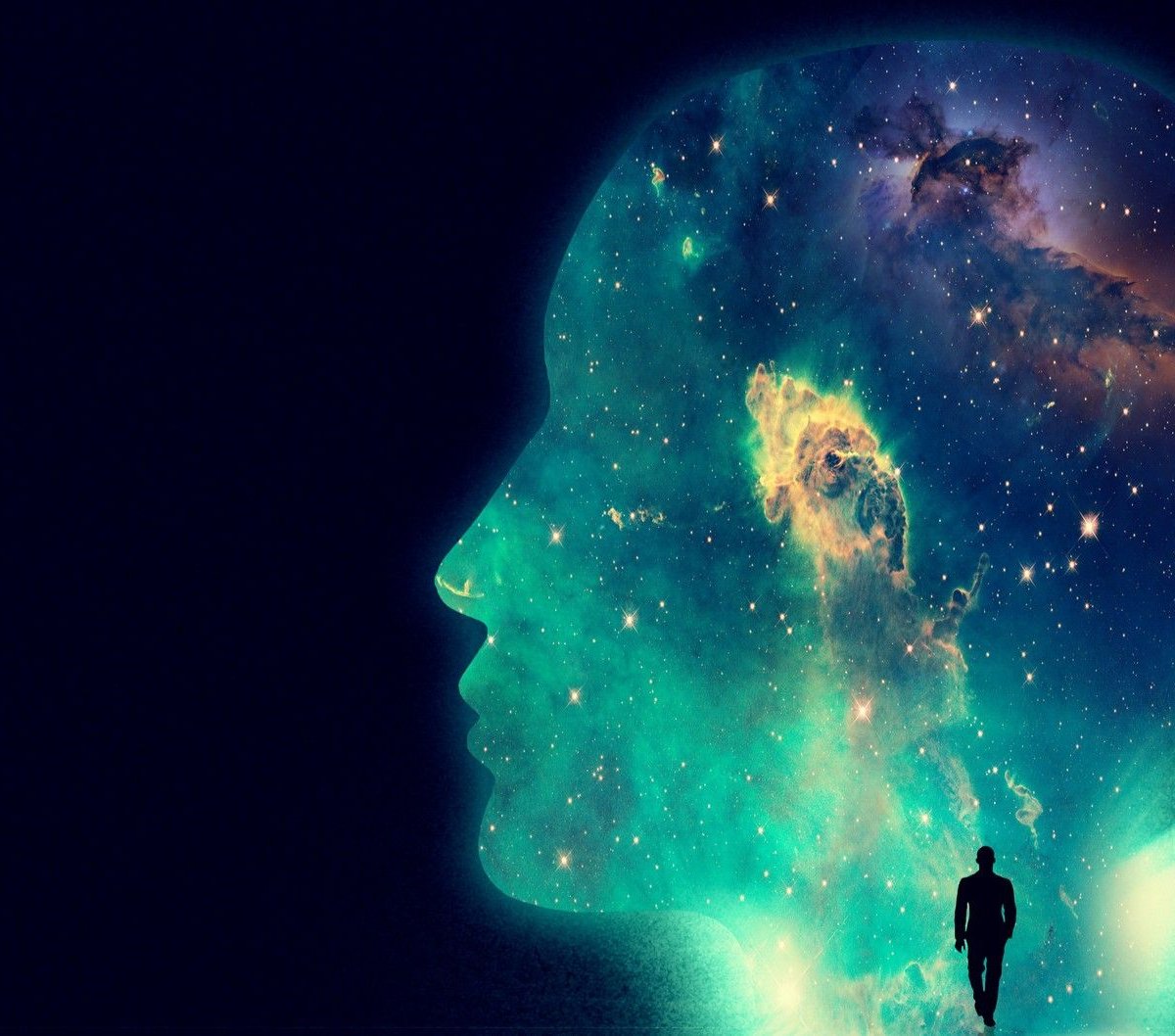Imagine for a moment that everything around you – people, the world, the universe – is nothing but an illusion. You, your mind, and your memories are the product of a random fluctuation in the vast ocean of particles of the cosmos.
However, this idea is not just a product of science fiction; emerges from one of the most fascinating and controversial debates in theoretical physics: Boltzmann’s Brain Paradox.
This enigmatic question, which seems to defy our intuition, arises from thoughts on the nature of the universe, the role of entropy, and the possibility of spontaneous configurations in physical systems. It is a journey that combines thermodynamics, cosmology and philosophy and questions the idea of reality and consciousness..
In the late 19th century, Austrian physicist Ludwig Boltzmann revolutionized physics by introducing the concept of statistical entropy, a measure of disorder in thermodynamic systems.
According to the Second Law of Thermodynamics, the entropy of an isolated system tends to increase over time from ordered to more chaotic states. This idea explains why, for example, a glass of hot water cools until it reaches room temperature, and never vice versa.
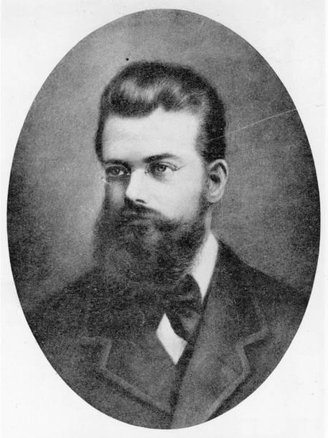
Boltzmann proposed that the universe is a huge system that obeys the same rules. He suggested that the current structure of the Cosmos, seemingly ordered and low-entropy (with galaxies, stars, and planets), could result from a spontaneous fluctuation in a much more disordered state.
Although states of high entropy are possible, small regions of low entropy can sometimes arise by chance. This view led to a deep problem.
“If the universe is governed by probabilities and spontaneous fluctuations can create regular states, what would be the appropriate configuration to emerge?”
The answer, surprisingly, is a fluctuation that creates a single, self-aware brain. full of false memories and the illusion of the external universe – may be much more possible than a fluctuation that creates an entire universe as large and complex as the one we observe.
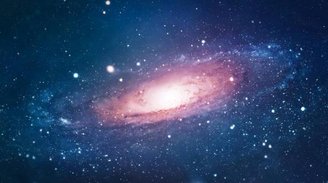
This idea, called Boltzmann’s Brain, questions our perception of reality. If self-aware brains can appear more frequently than entire organized universes, how can we be sure that we are not one of those isolated entities floating in a sea of random particles?
This problem challenges the concept of objective reality and raises questions about the validity of our scientific observations. After all, if everything we know is perceived through consciousness and this consciousness can be the product of random fluctuations, how can we trust everything we perceive?
Boltzmann’s Brain Paradox is not just a philosophical exercise. It has profound implications for physics and cosmology. The fundamental question is: If our universe is the result of random fluctuations, why does it appear so orderly and consistent?
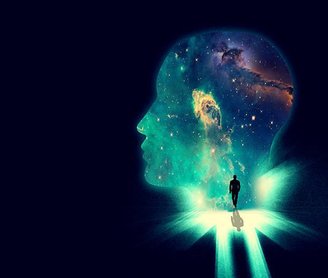
One possible answer lies in the concept of inflationary universes. According to the cosmic inflation theory, the universe entered a brief period of exponential expansion shortly after the Big Bang. This process may have created the conditions for an orderly and homogeneous universe, which explains why we observe a low-entropy universe.
Moreover, many physicists argue that the multiverse theory can solve this paradox. If there are an infinite number of universes, each with different physical properties, perhaps our universe is one in which the conditions allow for life and consciousness, rather than isolated brains floating in chaos. However, this approach has not yet been validated experimentally and remains highly speculative.
Another way to approach the paradox is to consider the probability and consistency of the observations. If we were Boltzmann’s brain, It would be unlikely for us to experience a universe governed by such detailed, consistent and well-defined physical laws..
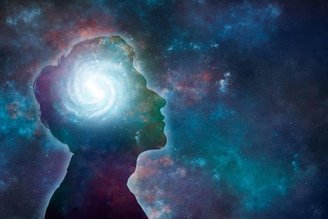
Instead, our perceptions will be much more disorganized and fragmented. This shows that the paradox, although intriguing, may not reflect the reality we observe..
Although Boltzmann’s Brain Paradox is discussed primarily in the context of theoretical physics, it raises deep philosophical questions. What is the nature of reality? What does it mean to exist? How can we trust our perceptions and scientific knowledge?
Far from invalidating science, these questions highlight the complexity of understanding the cosmos and reinforce the need for rigor in the search for answers. It also reminds us that no matter how far we advance in our knowledge, there will always be mysteries to solve and paradoxes to confront.
Source: Tec Mundo
I’m Blaine Morgan, an experienced journalist and writer with over 8 years of experience in the tech industry. My expertise lies in writing about technology news and trends, covering everything from cutting-edge gadgets to emerging software developments. I’ve written for several leading publications including Gadget Onus where I am an author.






